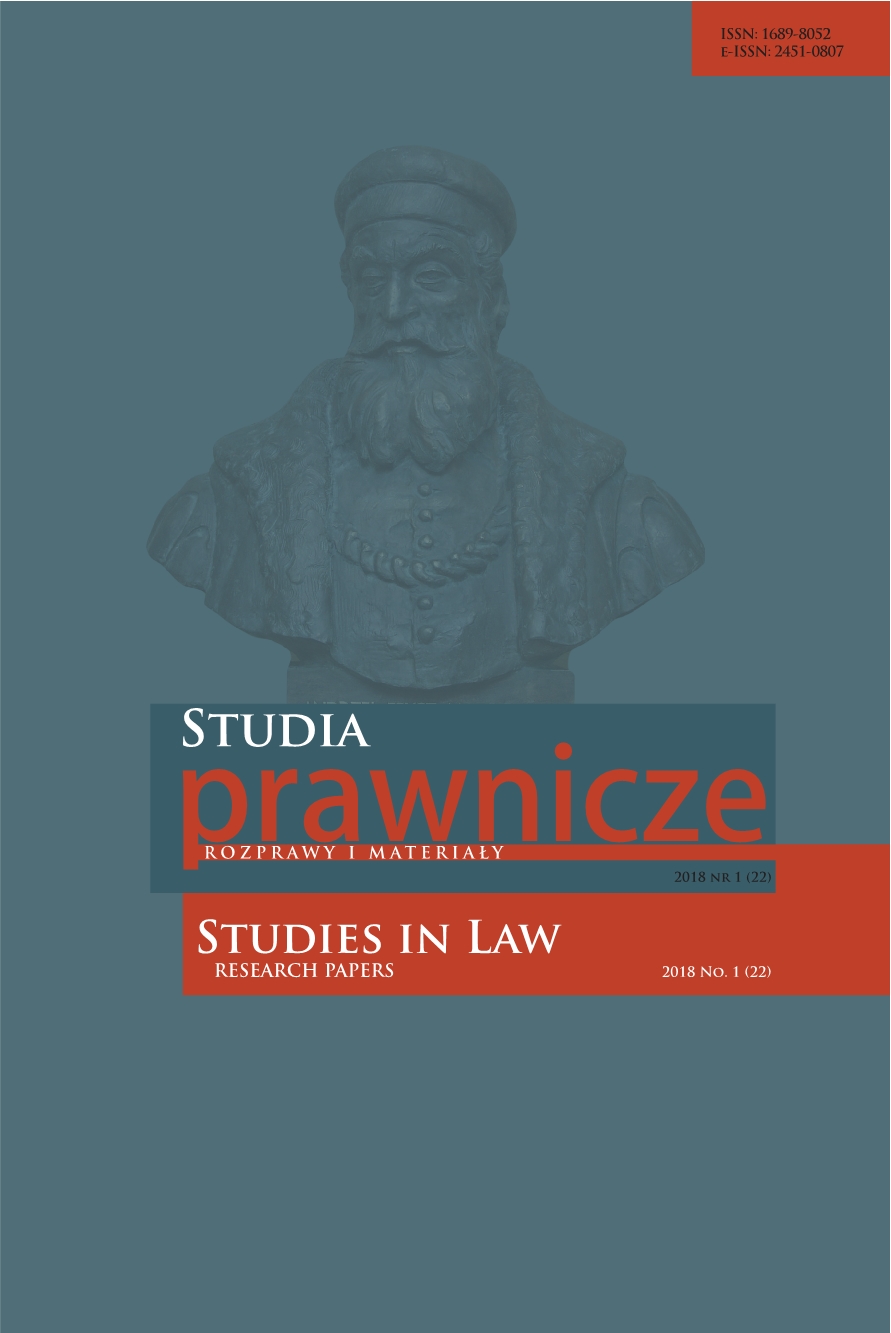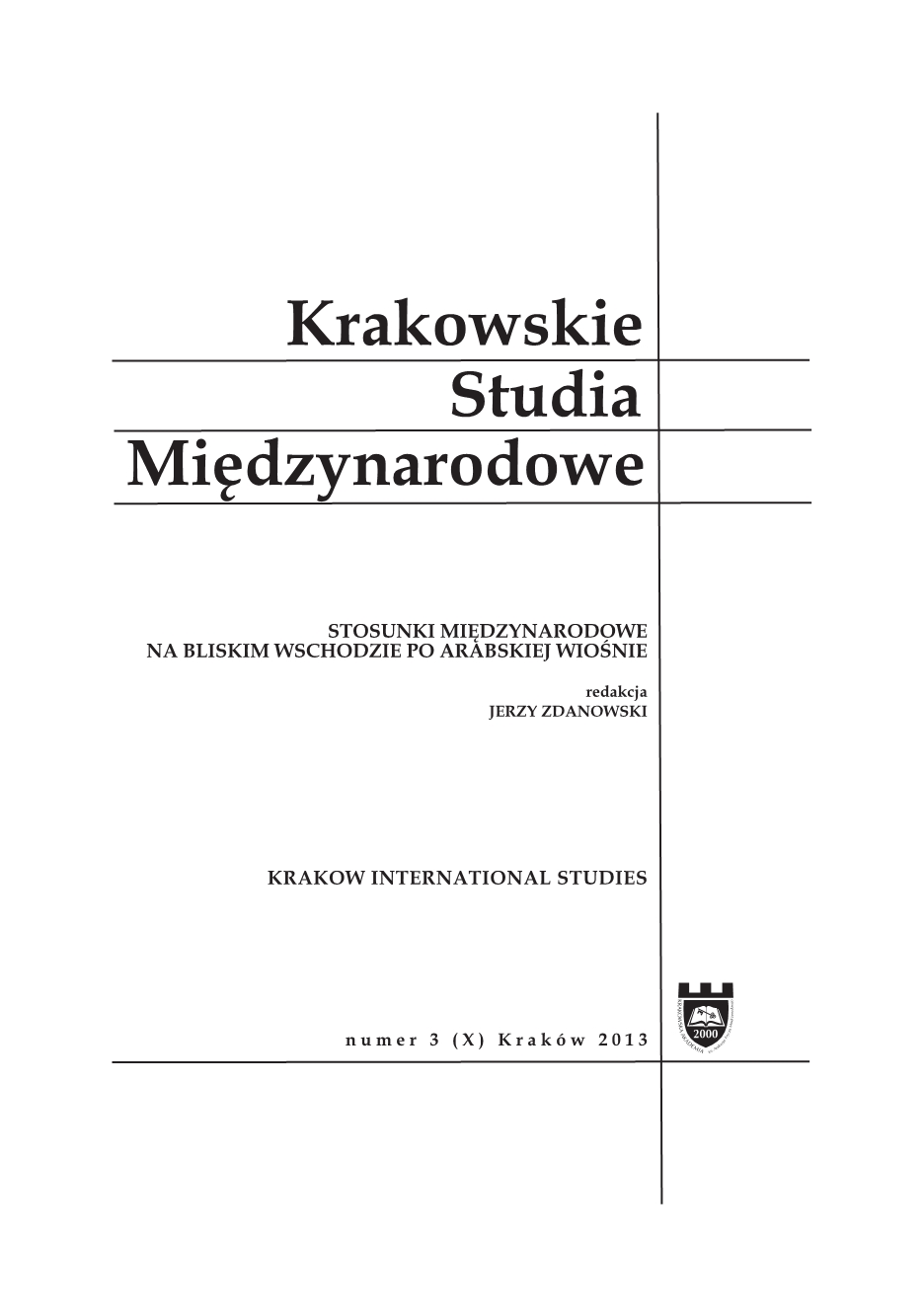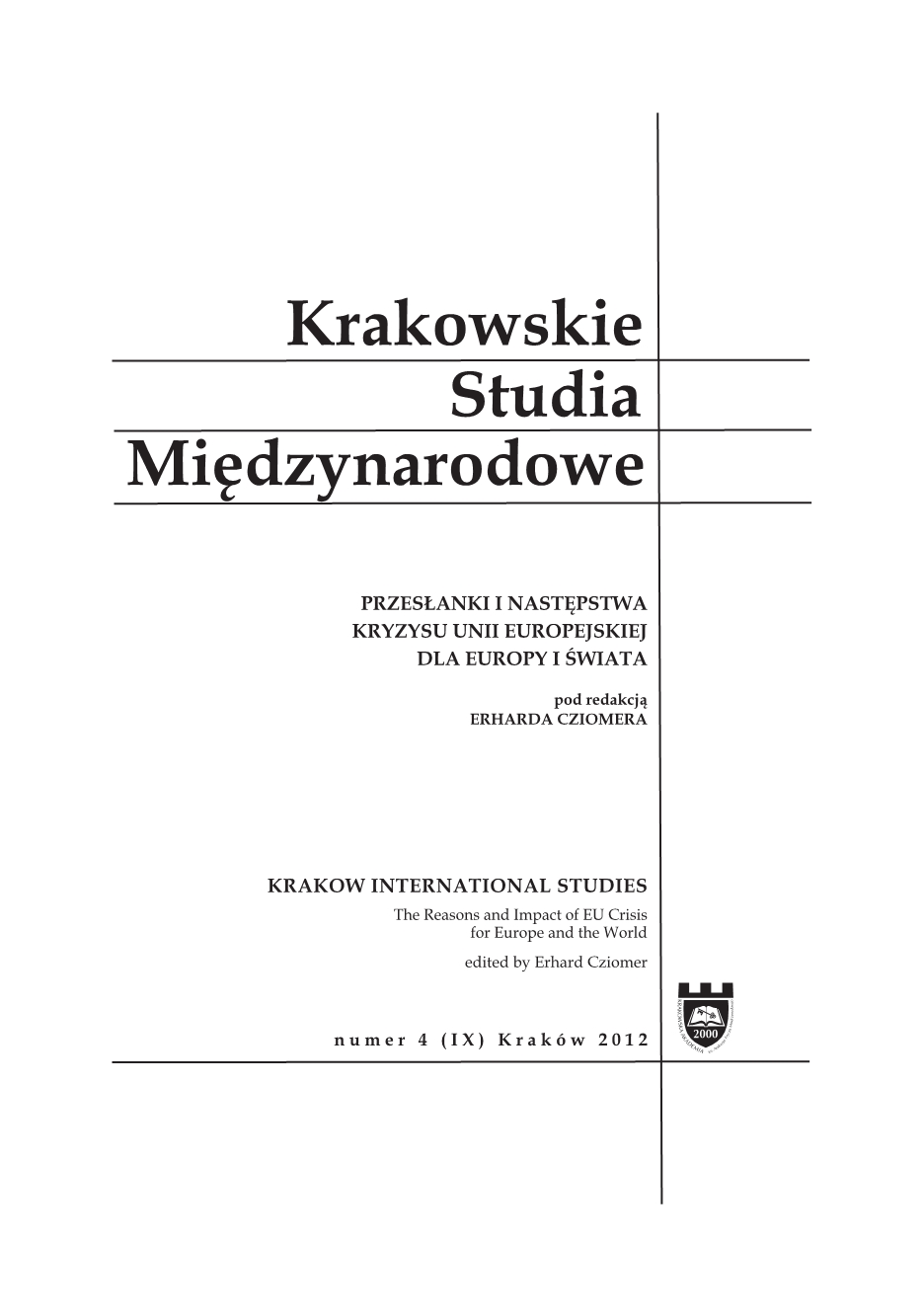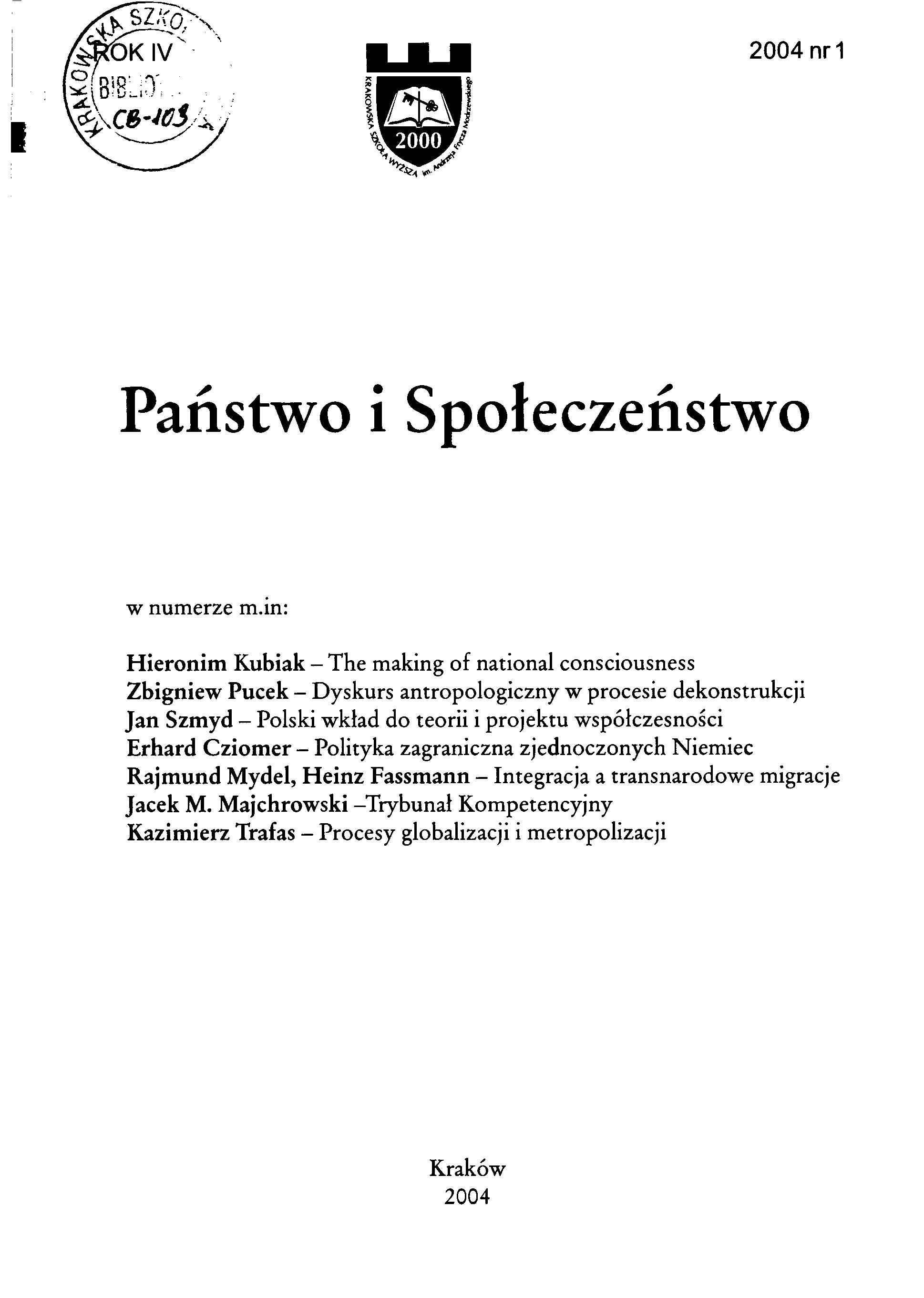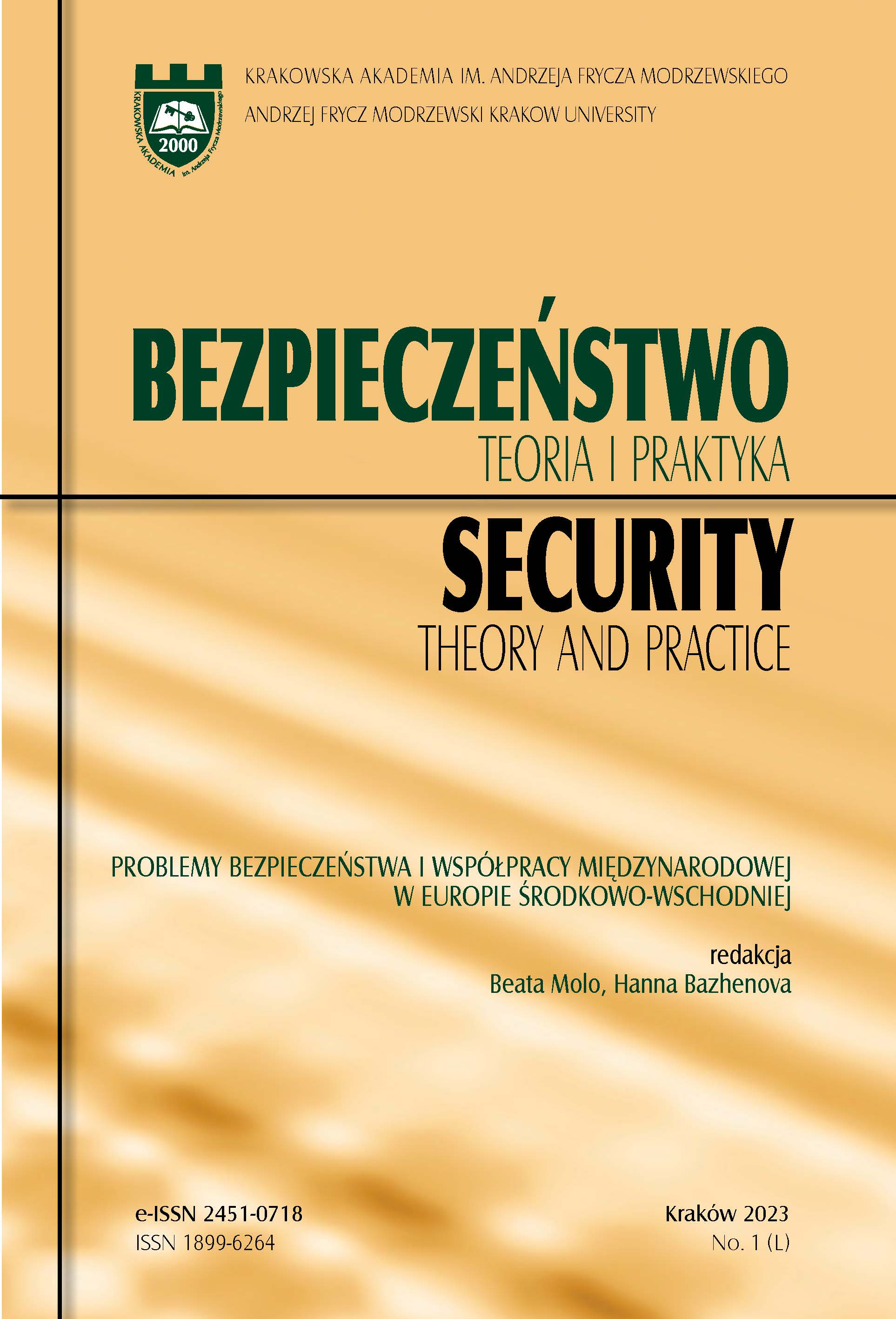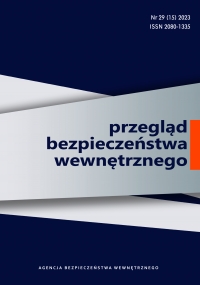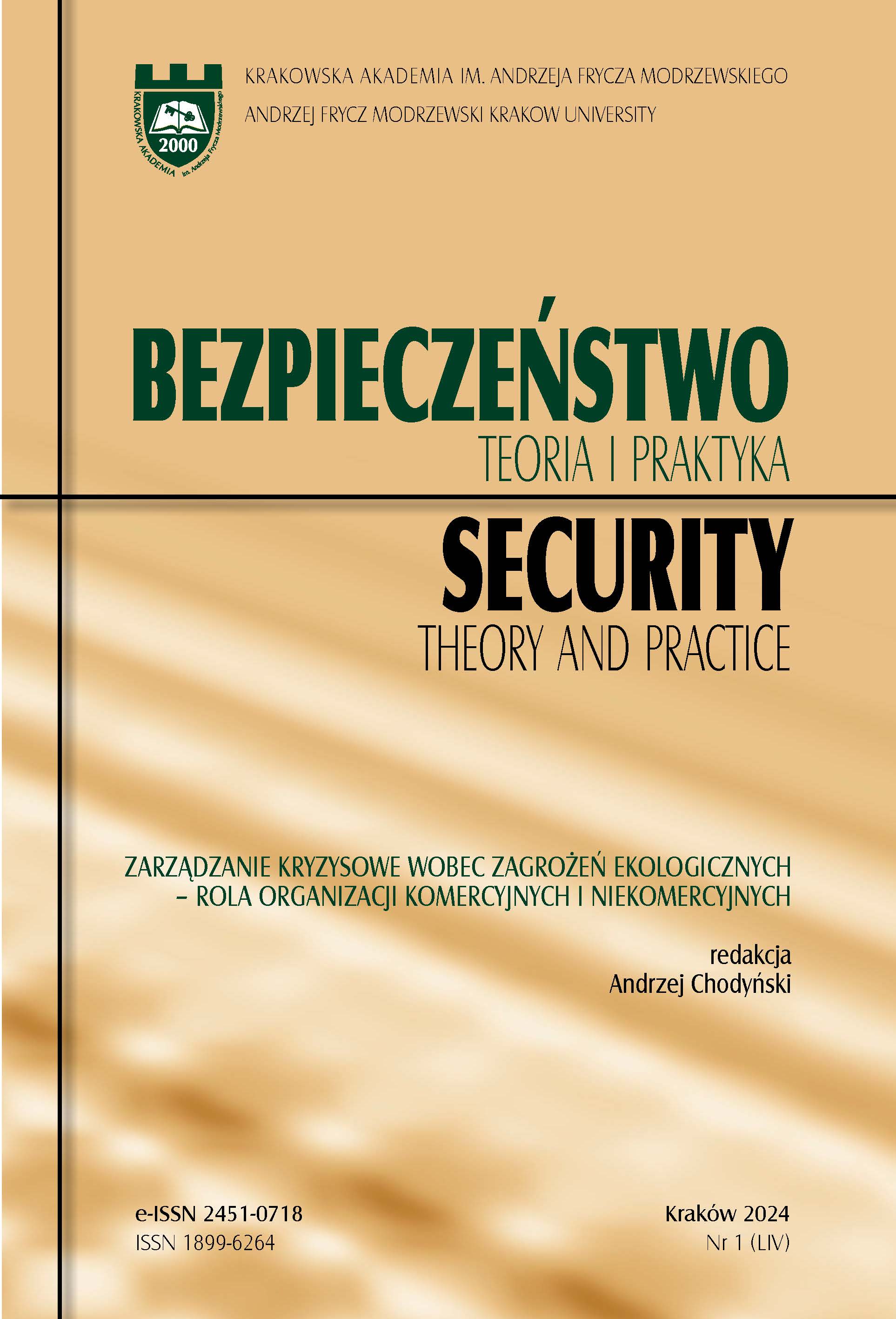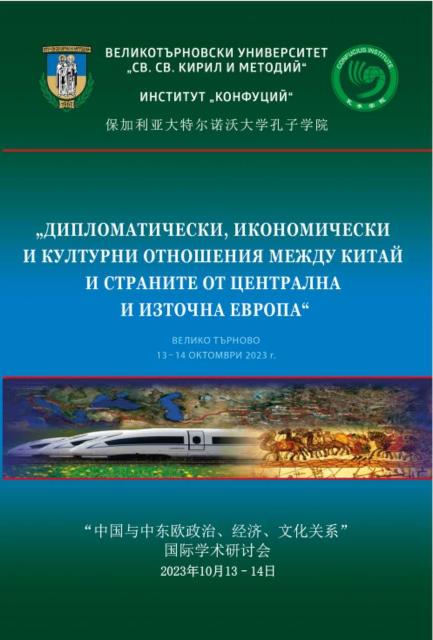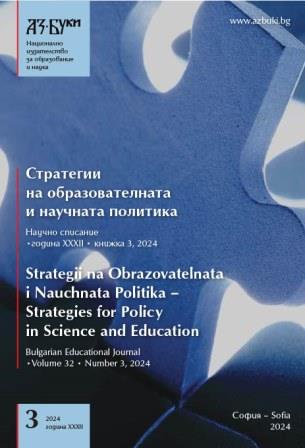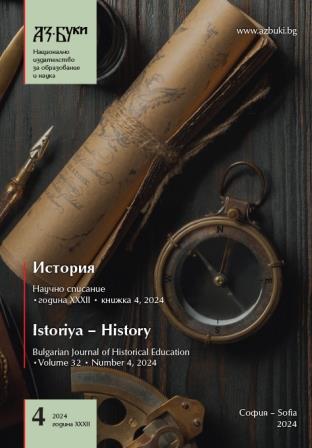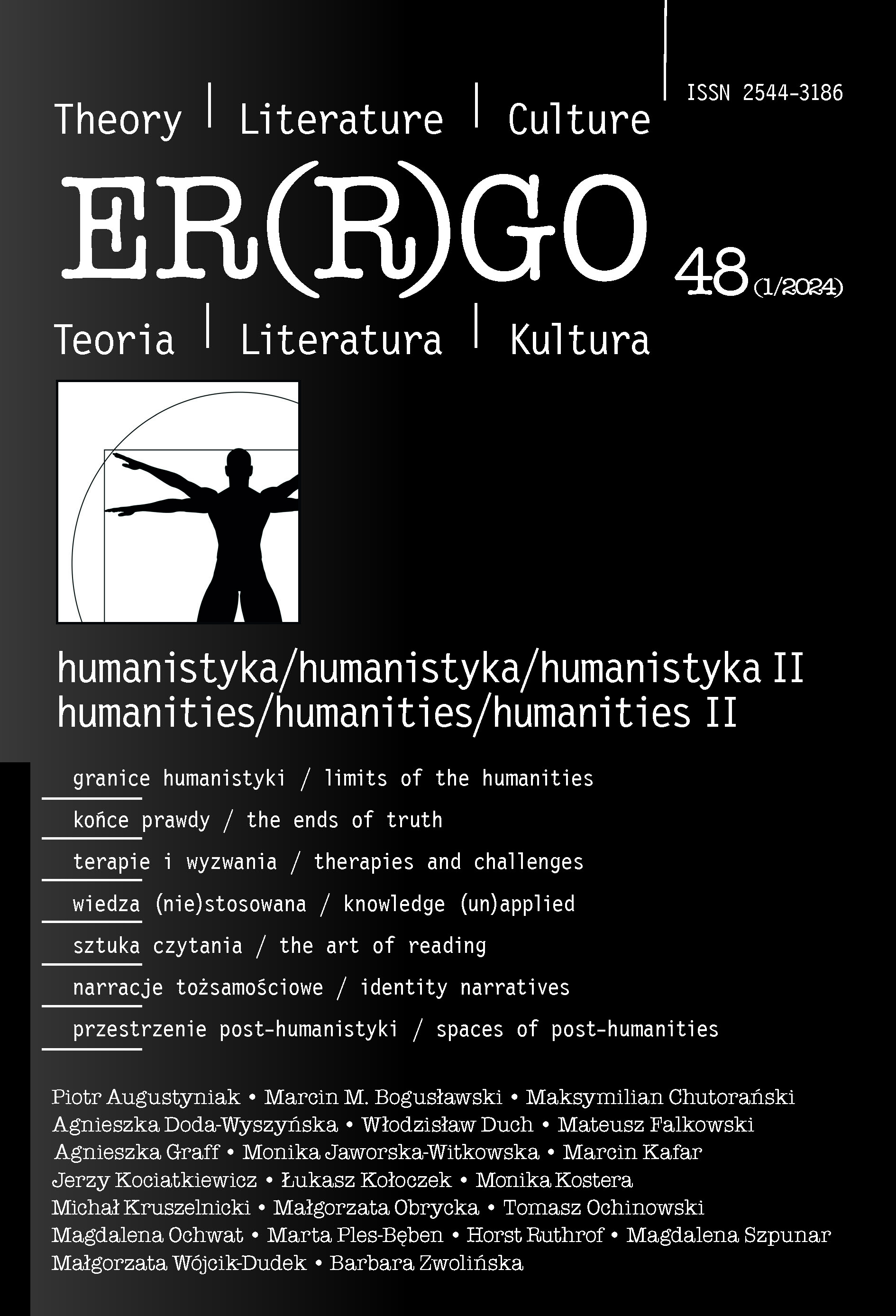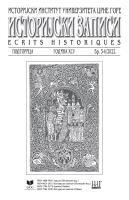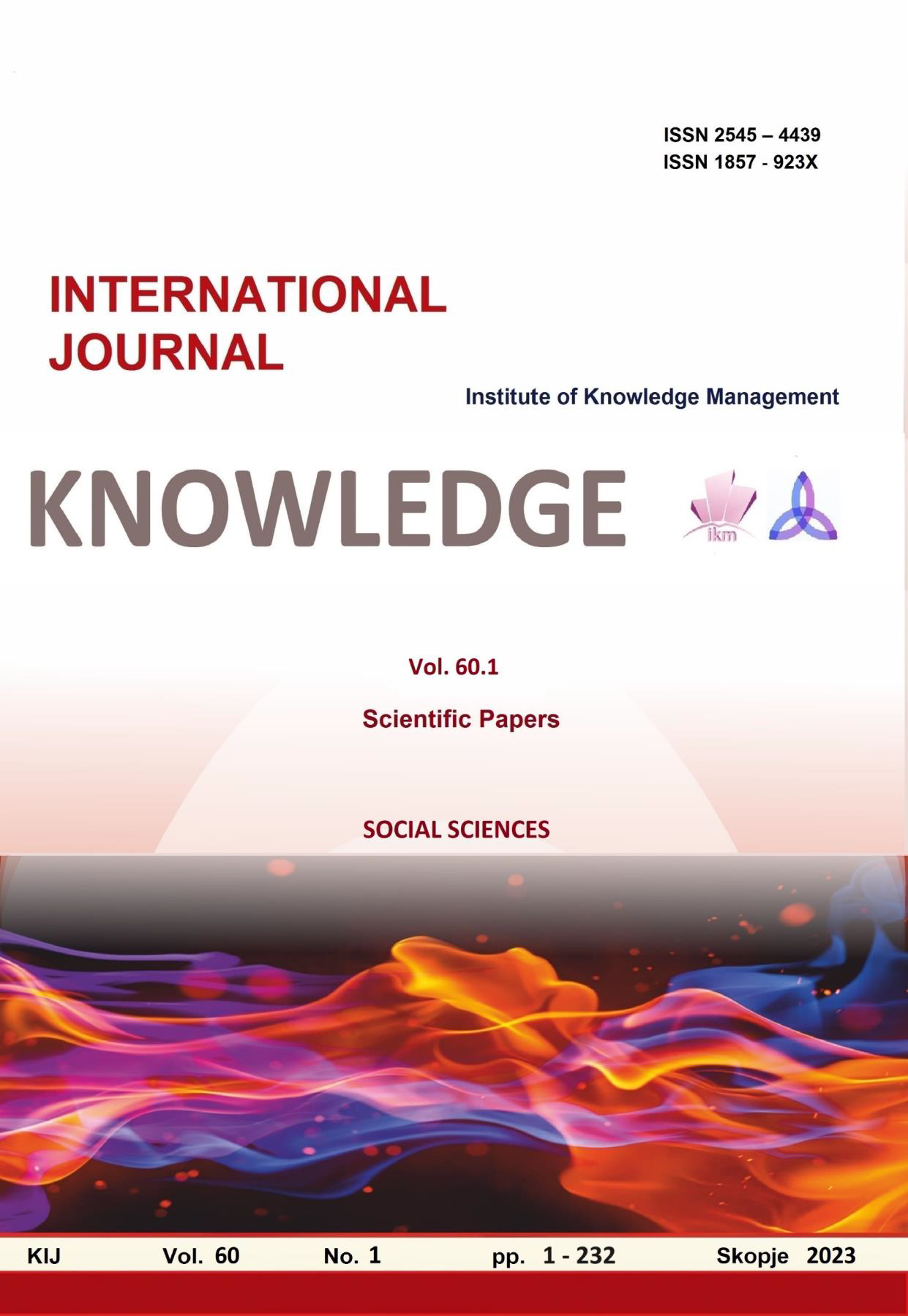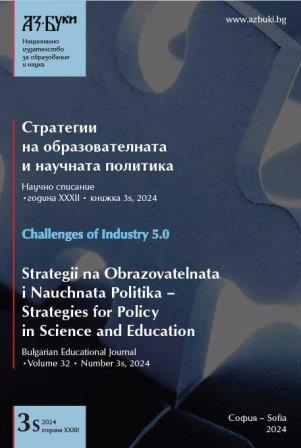Author(s): Nako Stefanov / Language(s): English
Issue: 1/2024
In today’s turbulent environment of large-scale geopolitical clashes and fierce geo-economic competition, characterized by complex and self contradictory dynamics, as well as upward escalation, we are witnessing what we call “Trade Wars” and “Technology Wars”. In 2018, the world witnessed an intensifying US-initiated conflict affecting trade and economic relations with the PRC. Almost simultaneously with the “Trade War”, the “Technology War” began, initially directed against Huawei, recognized in 2017 as the most innovative corporation in the world. Initially, an important tool in these wars became the course of decoupling – i.e. “separation”. It is a process by which the deep economic interdependence between the US and China, built up over the past four decades, is gradually diminishing. “Separation” manifests itself in the trade area through trade sanctions, restriction and even prohibition of import or export of certain goods, etc. China’s economy, however, is too large for secession to be a realistic prospect. Therefore, the “disengagement course” is gradually transformed into a “derisking” course. “De-risking”, i.e. reducing the risk to US national security has a more cautious task. It does not seek to limit China’s access to less advanced American technology, products and equipment. But things are different when it comes to products, “know-how” and equipment of the highest technological level. The goal is to strengthen the role of the United States as a global technology leader. High technology will be an increasingly important determinant of economic power in the digitalized and connected world of the future. The Biden administration and the American “establishment” in general, believe that if Chinese technology firms close the gap with their US counterparts this would pose a risk to US supremacy. An important means of achieving this goal of Washington is to enlist not just the potential of the States, but the collective Western potential, including the developed countries of Asia – Japan, RoK, Taiwan and Singapore in the “Technology War” against China. China’s reaction has been multifaceted. But the key response of the Celestial Empire is to pursue a course of technological self-sufficiency. China is making progress in its efforts to create top-class chips and is succeeding in the development of “Artificial Intelligence”. It is difficult to predict exactly how the process of “Trade” and “Technology Wars” the USA and the “Collective West” is waging against the PRC will proceed. In the unfolding geostrategic “chess game”, such moments as mobilizing the full potential of society is of key importance.
More...
